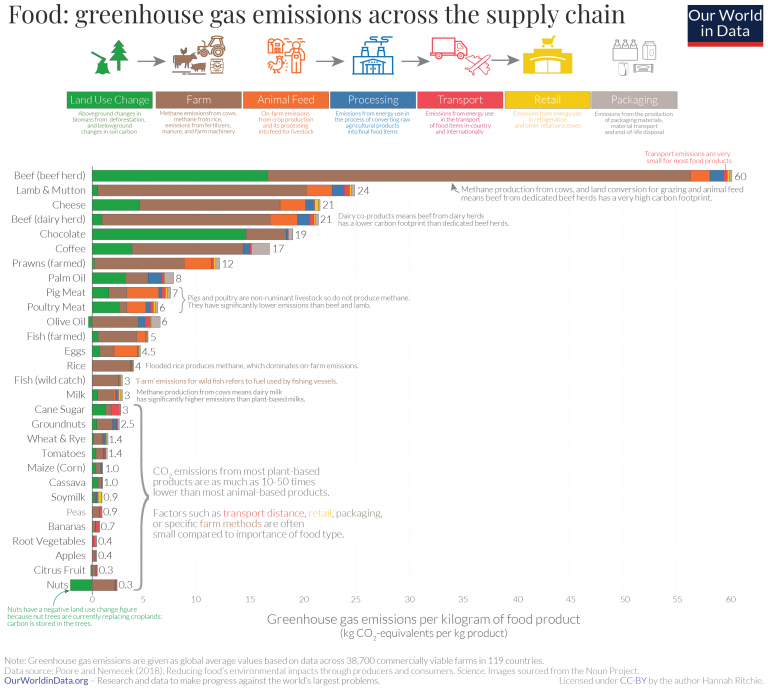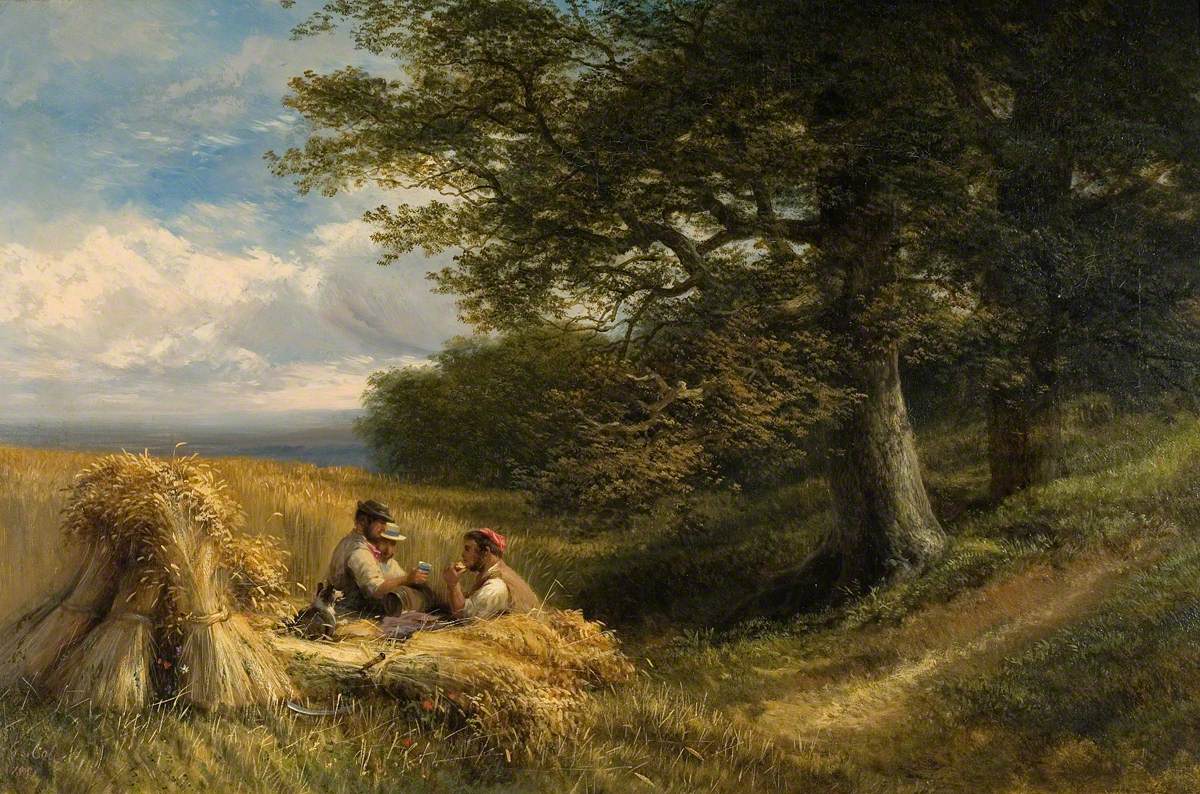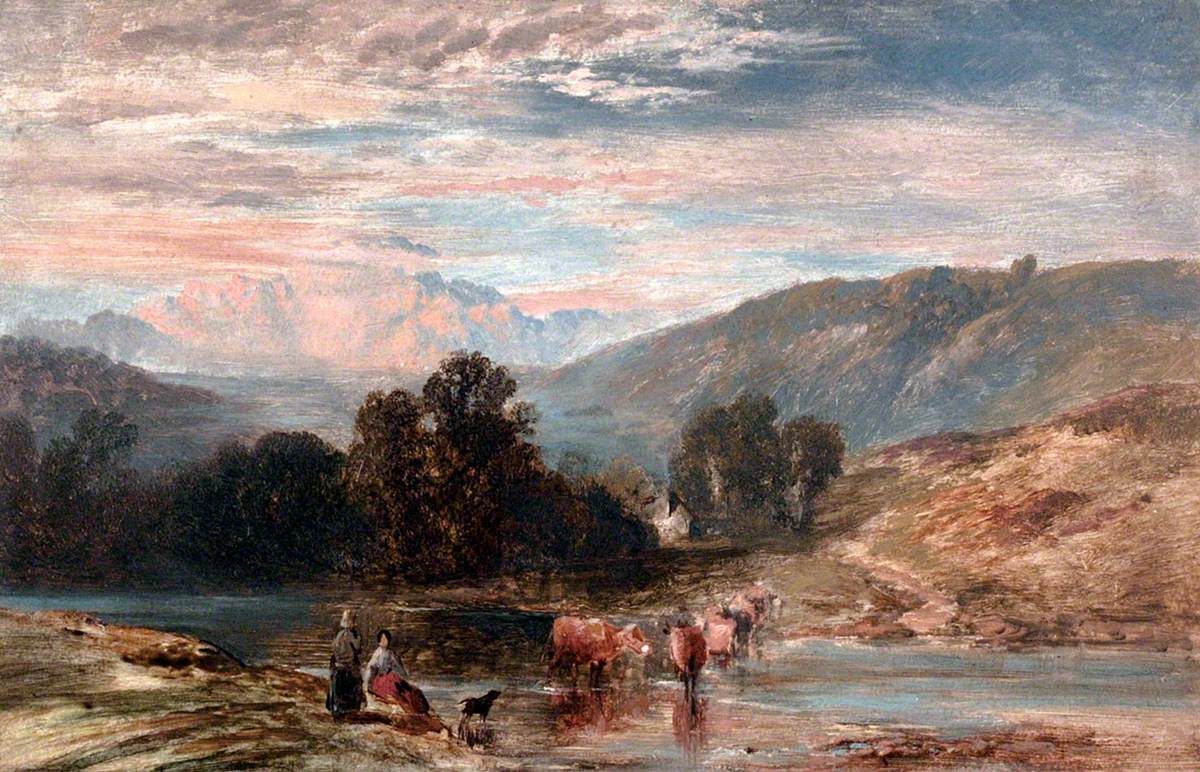|
You
can also view the message online
|
|||||||||||||||||||||||||||||||||||||||||||||||||||||||||||||||||||||||||||||||
 Châtenay-Malabry (FR - 92290), June 27, 2022 EFITA newsletter / 1045 - European Federation for Information Technology in Agriculture, Food and the Environment The informatique-agricole.org site offers you the possibility of subscribing the RSS feeds of its two newsletters See RSS feeds to implement to ensure that you continue to receive this newsletter To unsubscribe this newsletter, please contact me directely: guy.waksman(a)laposte.net if this link Unsubscribe does not work. 
To correspond with me (GW), please use this address: guy.waksman(a)laposte.net To subscribe the efita newsletter (please ask your friends and colleagues to test this link) Efita Newsletters subscription Before computers Weekly newsletters about ICT in Agriculture in English and French Both newsletters have around 14000 subscribers. >>> Last weekly EFITA Newsletters in English (created in 1999) Efita Newsletters >>> Last weekly AFIA Newsletters in French (created more than 20 years ago in 1997) Afia Newsletters >>> Statistics for the last efita newsletter >>> Last issue of the afia newsletter >>> Last available satistics for the afia newsletter 1 A Surrey Cornfield, George Vicat Cole (1833–1893), Touchstones Rochdale
15th ISPA - International Society of Precision Agriculture - Conference Registration 26-29 June 2022 - Minneapolis- Minnesota, USA The purposes of ISPA are to: - Organize and conduct international conferences related to precision agriculture (PA), such as International Conference on Precision Agriculture, European Conference on Precision Agriculture, and other related conferences. - Develop and maintain a web-portal to communicate the latest developments in PA with the world, and maintain a member listserv to communicate among society members. - Publish a quarterly ISPA e-newsletter for members and other subscribers. - Provide members an opportunity for publication of original scientific research in the society sponsored peer-reviewed journal, Precision Agriculture. https://ispag.org/images/ICPA_2022_newsletter_header.jpg See ispag.org Watch a Giant Stingray’s Safe Return to Its River Home The Mekong River is home to enormous and endangered aquatic life. A 400-pound fish’s release shows how some conservation efforts in Cambodia are paying off. Accelerating the Green Transition in Europe: Life after Russian Fossil Fuels Friday, 1 July 2022 | 09:45 - 10:45 CET - Brussels Following the agreement by EU leaders to ban shipments of Russian oil, our next event on EU energy sanctions on Russia will look at Europe’s ability to meet both its deadlines for ending dependence on Russian fossil fuels, as well as its targets for emissions and renewables. The event will focus on the unprecedented opening that this moment offers to catalyse Europe’s transition to greater energy efficiency and the build-out of renewable technologies, but also the challenges to the green agenda posed by the unforeseen and abrupt decoupling from Russian energy sources. This is the second event in the series “Fueling the War”, which brings together experts from fields as diverse as energy, climate and social justice, and leading thinkers and civil society from Ukraine, the EU and Russia to examine the complexities of the energy crisis. You can watch the recording of the first discussion, “Fueling the War: Why Energy Sanctions Matter and How to Make Them Effective” on Open Society Foundations’ website. See events.euractiv.com Harvest Time, George Vicat Cole (1833–1893), Bristol Museum & Art Gallery
Ask for your free badge for SIMA in Paris! SIMA will be back from 6 to 10 November – at last – and celebrates its 100th anniversary! Come to Paris for all solutions and equipment for a sustainable and successful agriculture in the future. Ask for your badge now! See simaonline.com How did we see the future yesterday?? See the incredible collection developed by Alain Fraval 'Sustainability first Denmark' tops economic competitiveness ranking The Nordic nation takes the lead for the first time in the IMD World Competitiveness Ranking, which also highlights how inflationary pressures are causing pressing socio-environmental concerns to take a backseat. “Denmark has played extremely aggressively on the sustainability front and benefits from being a small country in the European market,” Professor Arturo Bris, Director of the IMD World Competitiveness Center (WCC), which creates the ranking, explained. “Operating within that framework has allowed it to announce aggressive reductions.” Blue White Robotics and Federated Wireless Collaborate With Intel to Chart a New Path to Autonomous Agriculture With Flexible Robotics and Private Wireless As part of a joint industry collaboration to automate agricultural solutions, Blue White Robotics, Federated Wireless and Intel today announced a first-of-a-kind implementation, which greatly reduces the barriers for growers to adopt automation that can improve business outcomes while addressing labor shortages. Partnering with a California winery, the collaborators adapted existing farm equipment to perform autonomous tasks and connected the fleet over a private wireless network. Agriculture operations face many unique challenges when it comes to networking and are generally spread out over a large area, often in remote locations where public carrier broadband wireless is limited and can be costly to implement. Low-latency, high-bandwidth wireless communications through a shared spectrum-enabled private wireless network were essential to realizing the level of automation achieved in this use case. Federated Wireless deployed a private wireless network in less than three days which covered the vineyard’s 2.1 square miles. The network leveraged Intel Smart Edge and an edge server with a six-core Intel Xeon D-1528 processor to successfully connect a mix of autonomous tractors, sensors and other data points. “Blue White Robotics’ smart farming is one example of how broader adoption of automation and edge innovation depends on powerful, next-generation connectivity, and Intel and Federated Wireless are making that possible with private wireless that’s built on the cost-effective CBRS shared spectrum,” said Christopher Swan, Chief Commercial Officer at Federated Wireless. “What’s more exciting is that the private wireless network is ready and in position to power additional agricultural IoT devices and applications as they become available.” An adaptive autonomous kit developed for agriculture by Blue White Robotics converts a typical tractor into a fully autonomous vehicle, giving growers the ability to leverage known assets with the flip of a switch. Blue White Robotics’ solution can automate a variety of tasks, including spraying, discing and dusting. A single operator can then manage a fleet of adapted autonomous tractors working across a very wide area. “When you introduce all of these devices and robotics for autonomous farming, it’s a massive amount of data in an extremely rural environment, and traditional connectivity becomes a huge problem,” said Alon Ascher, Chief Business Officer of Blue White Robotics. “Managing a fleet of autonomous tractors and extracting data to different vendors in real time would not be possible without the private wireless network from Intel and Federated Wireless.” Edge intelligence and edge analytics are critical to the success of this solution to speed and simplify AI development and deployment, enabling the robotics to deliver real-time insights. Centralized management of the autonomous tractors fleet is only one benefit of the private wireless network, providing real-time awareness data, such as video feeds. Through edge processing, the tractor can analyze and transmit detailed data about its operations and the vineyard’s conditions. .../... See globenewswire.com Cross Roads over the Heath, George Vicat Cole (1833–1893), Bristol Museum & Art Gallery
Carbon Robotics Carbon Robotics, a Seattle-based agricultural robotics startup founded in 2018, builds innovative agricultural tools that empower farmers to operate more efficiently. Carbon Robotics’ revolutionary, high-precision Laser Weeder implement leverages sophisticated AI technology to improve crop quality, provide safer working conditions for farmers, reduce overall costs associated with modern farming, and create sustainable paths to regenerative and organic farming. It’s the future of weed control. See fira-agtech.com Abinger, near Dorking, George Vicat Cole (1833–1893), Sudley House
Blue White Robotic revolutionizes agriculture through autonomy We provide a complete infrastructure for autonomy and in-field data for improve productivity and farm economics. Our platform transforms existing fleets to autonomous, manages and optimizes them both air & ground, while collecting and distributing data seamlessly. We improve efficiency, safety and provide actionable insights that drive ROI from the first day. Leveraging remote sensing and AI, we are setting the highest standard for easy and safe adoption of autonomy in agriculture today. See fira-agtech.com FutureFarming.com (NL) > Dutch develop “WeedAway” field robot for eradication of dock leaf Up north in the Netherlands, four specialists with different backgrounds are developing an autonomous vehicle to detect and treat dock leaf in pastures. Other arable applications are also planned. > Field robots: Amazone acquires stake in startup AgXeed Amazone will become a strategic partner of startup AgXeed. The aim of the partnership is to further develop specific Amazone implements for autonomous use in the field. > Alternative fuels: Ammonia-powered, zero-emissions tractor demonstrated in US Amogy Inc., a pioneer of emission-free, energy-dense ammonia power solutions, announced the successful demonstration of an ammonia-powered, zero-emissions tractor. > Pest monitoring FarmSense launches real-time pest monitoring system FlightSensor Approximately 1,000 FlightSensor units will be distributed to select commercial pest advisors, farm managers and growers in California. > Drone spraying Spraying drones help cassava growers in Cambodia increase yield Drone spraying technology has been recently introduced in Cambodia's cassava cultivations to help small-scale farmers improve yield while bringing down the costs of farm inputs. > Startups: Wells Fargo Innovation Incubator selects five agtech companies The Wells Fargo Innovation Incubator (IN2), a technology incubator and platform, selected five startups to participate in the program’s 11th cohort. > Drones: Reasons for optimism in fast-growing drone market Almost every week a report is published about the remarkable growth of the commercial drone market. In one of the latest reports Transparency Market Research revealed that it expects an annual increase of 12.5% from 2021 to 2031. Looking at statements of the major Chinese manufacturers DJI and XAG, we can understand the optimism. > Agricultural drones taking off fast in India India is emerging as a new drone producing nation. The government is helping to boost the industry. Garuda Aerospace is one of India’s most promising startups. > Crop protection: CropX crop disease management system tells farmer when to spray CropX, developer of digital farm management systems, expands its system to include a crop disease management capability that can lead to reduced chemical use while protecting crop yields. > Market trends: Fact.MR values precision farming market at US$ 20.36 billion by 2032 A recently revamped Fact.MR report states that the global precision farming market is poised to register an 13% compound annual growth rate (CAGR) from 2022 to 2032, reaching US$ 20.36 billion by 2032. > Harvesting: Claas Auto Header system is step towards automated combine harvester Machine manufacturer Claas showed a combine harvester equipped with the Cemos Auto Header system at the DLG Feldtage. The system consists of a laser and control technology for the cutting board. > Fertilizing: Pre-planting weather data determines how much spring nitrogen to apply University of Illinois researchers have examined the role of pre-growing season weather on soil nitrogen dynamics and end-of-season corn yield. Pre-growing season information can be used to guide farmers to adjust their fertilizer application. See futurefarming.com Noon on the Surrey Hills, George Vicat Cole (1833–1893), National Museum Wales, National Museum Cardiff
Tech Hub LIVE Keynote to Provide Essential Strategies for Delivering Tech Solutions to Farmers During his dynamic presentation, David Widmar of Agricultural Economic Insights will share what lies ahead as he breaks down demographic trends in U.S. agriculture. See precisionag.com CerraCap Ventures Invests in Soil Microbiome Startup Solena Solena's AI-powered Prometheus platform turns diagnostics data into insights and customized microbial inoculant recommendations. See precisionag.com Organic farming: yields are unfortunately not there
Agtech Startup Bloomfield Robotics Wins $1 Mil in Tech Services Cloud company Akamai Technologies named Bloomfield Robotics as its winner of its Future of Life Online Challenge. See precisionag.com Solinftec Expands New AgTech Robot into Canada The goal is to have the robot commercially available for the 2023 season for wheat crops. See precisionag.com CROP.ZONE Secures USD $11 Million Equity Funding The manufacturer of the volt.fuel Electrical Weeding System has significantly strengthened its capital base for entering into serial production. See precisionag.com Organic farming: yields are unfortunately not there
Organic farming: yields are unfortunately not there
Meta wants the metaverse to sound more like the real world Meta CEO Mark Zuckerberg on Friday detailed advances in audio that he says will allow a concert in the metaverse to really sound like one is at a music venue. The same goes for making sound that resembles a living room or other more intimate space. Why it matters: While much is made of the need to improve the visual quality of VR headsets, how the metaverse sounds is just as important to how well it is accepted, especially when it comes to mainstream consumers. Driving the news: Meta said that the company, in conjunction with researchers at the University of Texas at Austin, are releasing as open source software three models that should allow others to better represent real-world sound in virtual spaces. One model allows an audio clip recorded in one environment to be made to sound like it came from a different one. Another of the models does the opposite, extracting a core audio sample, such as a music recording or dialogue, from its environs. A third model uses visual and audio cues to separate speech from background noise. The big picture: Digital sound is already moving beyond stereo and into so-called spatial audio, which is possible not just on VR headsets but also on devices such as Apple's AirPods Pro. That's important because it allows sound to change based on where a person moves and positions their head in virtual space. But also key is ensuring the sounds of virtual spaces themselves better match those in the real world, and it's that latest area Meta's announcement addresses. …/… See axios.com The expansion of global trade has been a major force for progress – increasing prosperity and reducing poverty Unfortunately, the last decade or so has seen a fall in global trade, and the last few years of economic disruptions have shaken many people's faith in economic interconnectedness.
How Good Nature Agro is layering digital tools to unlock better services for Zambia’s farmers, AFN, by Lucy Ngige Zambia is a Southern African country rich in arable land yet only 15% of it is cultivated. Its predominantly rural population is highly dependent on agriculture with around 60% of households participating in agricultural activities and 50% getting their livelihood from it, according to the Food and Agriculture Organization. The agricultural sector is dominated by maize production, which is the country’s staple food and main cash crop, but doesn’t fetch high premiums for smallholder farmers. This is where Good Nature Agro (GNA) comes in. The startup figured that one way to help smallholders transition from poverty to the middle class was through higher income-generating crops such as legumes. Incidentally, legumes promote better soil health too and are often used as nitrogen-fixing cover crops in the western world. By supplying legume seeds and working with farmers on how to grow them, who to sell them to, and how to get good yields, the startup works with Zambia’s smallholder farmers to help them produce high quality legumes for export. Founded by Carl Jensen and Sunday Silungwe, GNA’s aim is to create a group of smallholder farmers who are financed, trained and have access to high-quality information and inputs. “Our business is built on trying to maximize lifetime value, the nature and also long term impact of the farmer,” Carl Jensen, CEO and co-founder of GNA tells AFN. …/… See agfundernews.com Landscape with Sheep and Figures, George Vicat Cole (1833–1893), Museums Sheffield
Cargill to start paying cotton growers premiums to implement more regen ag practices, AFN, by Jennifer Marston - Cargill will start enrolling US cotton growers next month in its RegenConnect program for regeneratively grown cotton that pays growers for implementing soil health practices. - Cargill offers one-year-long contracts to cotton growers using already established regen ag practices such as cover cropping and reduced-till or no-till practices. Growers will earn a premium for each pound of regeneratively-grown cotton they contract, produce, and deliver to Cargill. - To monitor and verify these practices, Cargill has partnered with software company Regrow to use its soil-health MRV (management, reporting, and verification) platform. (Cargill is an investor in Regrow.) >>> Why it matters: - Regenerative agriculture is widely seen as an important tool in the fight against climate change. Financial risk and a lack of adequate resources often keep farmers from switching over to practices like no-till and cover cropping. Partly in response (and partly to meet climate commitments), large agrifood corporations have started releasing tools and launching programs that help these farmers make the transition. - Today’s cotton growers face the challenge of increasing production of this staple material while reducing land area and making existing acreage more efficient. Proponents say regenerative agriculture can help. …/… See agfundernews.com Springtime, by George Vicat Cole (1833–1893), Manchester Art Gallery
2022 Europe AgriFoodTech Investment Report, AgFunder Some $9.2 billion dollars was invested in agrifoodtech ventures in Europe in 2021. Similar to the global agrifoodtech scene, investors mostly backed online grocery ventures and other asset-light downstream technologies. European e-Grocery startups raised $4.2 billion, representing 43% of Europe’s total agrifoodtech investment capital and a 1,300% year-over-year jump. Where did the rest go? See agfunder.com Women’s Health and Fertility in Historical Perspective Health advances that the market helped enable have benefited women even more than men...
2022 Global AgriFoodTech Investment Report, AgFunder Venture capital investors pumped $51.7 billion into agrifood technologies in 2021; an 85% increase over 2020. The theme of the year: doubling-down (and tripling, and quadrupling-down.) Agrifoodtech sectors that took off in response to the Covid-19 pandemic not only remained the most popular investment categories; they exploded with new deals. See agfunder.com World beef production in 2017
UK MP: The future for sustainable agriculture does not lie in turning back the clock. It must be rooted in science, AFN, by guest contributor: Julian Sturdy On February 22 this year, I introduced a Westminster Hall debate in Parliament entitled ‘Sustainable intensification and metrics in agriculture’. I warned Ministers that the ‘perfect storm’ identified in Sir John Beddington’s Foresight Report more than 11 years ago of population growth, climate change and finite resources of land, water and energy remains as threatening as ever to the security of global food supplies. I cautioned against complacency over an issue as fundamental as food security. Two days after the debate, Russia invaded Ukraine. This terrible conflict has underscored the precarious balance that exists between global food supply and demand, with already record-high food prices forecast by the UN Food and Agriculture Organisation to rise by a further 20%. It is a wake-up call to nations all around the world. With its good soils, temperate climate, highly equipped and professional farming sector, and a world-leading science base, Britain is well placed to increase its food production capability in response to the global food security challenge, while at the same time mitigating and adapting to climate change, protecting biodiversity and conserving precious natural resources. But we can also go further – freed from the restrictive influence of over-precautionary EU regulations, Britain has the opportunity to establish itself as an international hub for agri-science excellence and innovation: exporting technological solutions, attracting inward investment and fostering international research collaboration. But to realise that potential, scientific rigour and evidence must underpin the UK’s approach across all areas of policy development. While early action by the UK Government to diverge from restrictive EU rules on gene editing is a positive and welcome first step, there are serious concerns that it is not matched by a similar commitment to follow the science on issues such as future farm support, R&D funding and sustainability metrics. That’s why I am pleased to be involved in Science for Sustainable Agriculture (SSA), a new policy and communications platform bringing together like-minded individuals and organisations to champion and explain the vital role of agricultural science and technology in safeguarding our food supply, tackling climate change and protecting the natural environment. .../... See agfundernews.com Stable land prices in the Brittany region (FR)
Public comments reveal overwhelming support for GM cowpea in Ghana, by Joseph Opoku Gakpo, June 1, 2022 Public comments submitted to Ghana’s National Biosafety Authority (NBA) show overwhelming support for approving pod borer-resistant cowpea, the country’s first genetically modified crop. Of the 889 letters received following a public comment solicitation period that closed in early May, only one expressed objection, with the other 888 urging approval, said Eric Okoree, chief executive officer of the NBA. Almost 50 percent of the public comments supporting the GM cowpea approval came from university students studying agriculture, biotechnology and related sciences, with the rest coming from rural farmers. .../.. See allianceforscience.cornell.edu EU farmers can meet the Green Deal goals without endangering food security, by Marcus Holtkoetter, May 19, 2022 Russia’s invasion of Ukraine already has caused a diplomatic crisis, an economic crisis, and an energy crisis in Europe. Will it also create a food crisis? As a German farmer, I’m here to tell you a hard truth: We are in trouble and the world’s food supply is facing an unprecedented crisis. The political leaders of Europe have put us in a horrible position because they had embraced agricultural policies that are making it harder for farmers like me to produce food even as we support the goals for the EU Green Deal. Some of these policy leaders don’t want you to know this, and lately they’ve adopted a strategy of denial. “Our citizens are already terribly worried about so many things,” said EC vice president Frans Timmermans. “Let’s not add to their anxieties with false problems.” Finally, more leaders are beginning to acknowledge that we’re on the edge of a global food shortage. “President Putin’s war against Ukraine is placing global food security under severe strain,” said the leaders of the G7 in an official statement on May 8. …/… See globalfarmernetwork.org The major dairy and herbivore meat producing countries
EU Smart Villages Portal Smart Villages are communities in rural areas that use innovative solutions to improve their resilience, building on local strengths and opportunities... See enrd.ec.europa.eu How #organic crops can crash — and still never fail, by Mary Mangan PhD, genomics scientist, with credentials in microbiology, immunology, plant cell biology, and molecular biology Despite massive failures and extensive fraud, people still think some miracle of smaller yields will save the planet See mem-somerville.medium.com Switch to organic is splitting Sri Lanka apart at the seams, by Agdaily Reporters, May 11, 2022 In less than a year since Sri Lanka became the first country in the world to fully ban conventional agriculture, an economic crisis of epic proportions has gripped the island nation, launched waves of protests, and on Monday prompted the resignation of Prime Minister Mahinda Rajapaksa. Sri Lanka’s pivot to organic farming — with a ban on synthetic fertilizers — triggered a drastic decline in the production of critical crops like tea and rice, something that many agricultural experts had foreshadowed for months. Most accounts show that production dropped between 20 percent to 50 percent of what it was prior to the switch, leaving many of the country’s 22 million people in dire straits. These happenings paint the picture of the clear connection between synthetic crop protection products and food security. And not only had Sri Lanka’s ban on fertilizers, pesticides, weedicides, and fungicides resulted in massive food shortages, it also led to the doubling in price of rice, vegetables, and other market staples. By the time Sri Lanka opted to reverse most of its mandate over the winter, the situation had gone too far. .../... What does this mean for organic in the long term and at scale? That’s still unclear. Does this mean it never works? No. “I truly believe at some point in the future a revolutionary ag methodology will come to be,” said Jonathan Lawler, an Indiana farmer with unique experience and insights into farm production. “It will combine the best of organic and conventional practices, but will have plenty of wiggle room for evolution based on individual farmer’s circumstances that it can be done anywhere.” Clashes continue to break out around Sri Lanka, and a curfew has been imposed, but there is no immediate sign that the unrest will end soon. See agdaily.com Country Life, by George Vicat Cole (1833–1893), Russell-Cotes Art Gallery & Museum
EUFRAS EU association of rural advisors EUFRAS is a European network and representative association of public and private rural and agricultural extension services which is aligned to the global representative body for advisory services GFRAS with associations set up in many other continents. >>> Scope of EUFRAS: - Common mandate to assist farmers and rural dwellers - Importance of networking - Opportunities for collaboration - Duplication can be reduced or eliminated - Better interaction with research organisations - Influence some common policy issues - Contribute to the development of better advisory services in Europe As a network for rural advisory services, EUFRAS is designed to play an advocacy role for the members addressing particularly EU-Institutions in the field of agricultural politics and rural development. With EUFRAS, there is now a contact on a european level for questions regarding agricultural politics and rural advisory services. The organisation is open for public and private advisory services and intitutions whose work aims at supporting farming families, agricultural organizations, local groups and individuals involved in agriculture or rural development and addresses current and emerging problems. Further members are very welcome. EUFRAS wants to support advisory services in their efforts to promote innovation and knowledge transfer in rural areas and in agriculture. Conferences, seminars and events shall offer a platform for exchange and cooperation between advisory services from all over Europe. Another important goal of EUFRAS is to improve the quality of advisors qualification. The objectives for which the Society is established are: - Improving quality, effectiveness and efficiency of agricultural and rural advisors’ work aimed at supporting farming families, farmers local groups, agricultural organizations and individuals involved in agricultural and rural development and addressing the current and emerging problems (economic, environmental and social) - Promoting generation of innovations and knowledge transfer in the fields of agriculture and rural development - Promoting the exchange of experience and knowledge in the fields of extension and advice between science and practice and vice versa - Developing experience exchange and cooperation among agricultural and rural advisory service providers in Europe - Ensuring information exchange among agricultural and rural advisory service providers, policy makers and other stakeholders (including European Commission, farmers’ organizations, vocational and adult training institutions, global initiatives as GFRAS, private companies, etc.) See eufras.eu
Degraded soil is one of growers’ most threatening disasters, by Jon Stika, June 02, 2022 As fertilizer and diesel fuel prices hit record highs, I think of all the farmers I know who cut their fuel and fertilizer costs in half years ago. Some of them no longer use fertilizer at all, and the majority of them tell me they burn the greatest share of their diesel fuel in a combine, not in a tractor. All of them have learned how to manage their soil to improve its health and ability to capture and store water and cycle nutrients to their crops. None of them have made significant sacrifices in crop yields, and all of them are more profitable. These producers suffer far less during periods of drought or flood and so do not depend on outside assistance to keep them in the black. In May, the U.S. Department of Agriculture allocated $6 billion for producers impacted by drought, floods, or other natural disasters. Imagine how much less money would be needed for disaster assistance if our agricultural soils infiltrated water that was stored for the crop to use over an extended period of time. Any excess water would percolate deep to recharge the local aquifer or move on through tile drainage systems to surface water. Oftentimes the “disaster” we face is a degraded soil that has occurred through management that does not foster soil biology and soil function. Soil degradation has happened largely through ignorance about how the soil functions as a biological system. This can be remedied by educating producers, policy makers, regulators, and the public in how the soil can be profitably managed to restore its capacity to function again. I am not against government support for farmers, but wouldn’t it be better for both the farmers and the government if producers could control their own economic affairs by restoring the ability of their soil to function? See agdaily.com Europe Network for Rural Development The European Network for Rural Development (ENRD) serves as a hub for exchange of information on how Rural Development policy, programmes, projects and other initiatives are working in practice and how they can be improved to achieve more. >>> Stakeholders The ENRD is not a membership organisation. Its work aims to engage and reach anyone with an interest in and commitment to rural development in Europe. The main stakeholders of the ENRD include: - National Rural Networks (NRNs); - RDP Managing Authorities and Paying Agencies; - Local Action Groups (LAGs); - European organisations; - Agricultural advisory services; - Agricultural and rural researchers; and - Other interested rural development organisations and individuals. >>> Objectives In the current programming period 2014-2020, the ENRD has four key objectives: - Increase the involvement of stakeholders in rural development; - Improve the quality of Rural Development Programmes (RDPs); - Better inform on the benefits of Rural Development policy; - Support the evaluation of the RDPs. >>> Activities The ENRD supports the effective implementation of EU Member States' Rural Development Programmes (RDPs) by generating and sharing knowledge, as well as through facilitating information exchange and cooperation across rural Europe. These activities are facilitated by two support units: the ENRD Contact Point and the European Evaluation Helpdesk for Rural Development. >>> History and governance The ENRD was established in 2008 by the European Commission, Directorate-General for Agriculture and Rural Development (DG AGRI). The ENRD is governed by formal structures, the European Rural Networks’ Assembly and Steering Group, bringing together a range of rural development stakeholder groups providing strategic direction, guidance and coordination. See enrd.ec.europa.eu The yields of organic cereals are half those of conventional cereals. Source : AMI, Destatis (Germany) From left to right: wheat, rye, spelled, oats, barley, triticale, all together
Yields of field organic vegetables are approximately 75% of yields of conventional vegetable crops, Source : AMI, Destatis (Germany) From left to right: head cabbage, lettuce, squash, peas, carrot, onion, all together.
You want to reduce the carbon footprint of your food? Focus on what you eat, not whether your food is local, by Hannah Ritchie, January 24, 2020 ‘Eat local’ is a common recommendation to reduce the carbon footprint of your diet. But transport tends to account for a small share of greenhouse gas emissions. How does the impact of what you eat compare to where it’s come from?
Flying taxis, delivery drones and more are finally taking off, by Joann Muller Once far-fetched dreams for the future of transportation — delivery drones! driverless trucks! air taxis! — are starting to become reality, thanks in part to huge capital investments and technology advancements. We're still in the very early stages of a historic transformation in the movement of people and goods. But some of the pioneers in that climate-driven revolution are notching unmistakable progress in their quest to reinvent mobility. .../...
The Harvesters, by George Vicat Cole (1833–1893), Wolverhampton Art Gallery
The common sense answer to cattle deaths in Kansas Kansas cattle losses have faced speculation and conspiracy, however, the reason for these losses is likely simple -- a heat index crisis. See agdaily.com/ Greg Peterson and wife BrookeAnna sing amid the wheat field Greg Peterson and wife BrookeAnna cover the John Denver song Matthew, which is all about living life the right way. See agdaily.com River Scene with Peasants and Cattle, by George Vicat Cole (1833–1893), Portsmouth Museums and Visitor Services
Famous sentences I've always had an irrational fear of speed bumps but I'm slowly getting over it. What word becomes shorter when you add two letters to it? Short. I've finally told my suitcases there will be no holiday this year. Now I'm dealing with the emotional baggage. If you're not supposed to eat at night, why is there a light bulb in the refrigerator?
The distribution of this efita newsletter is sponsored by vitisphere.com Please, contribute to the content of your efita newsletter, and advertise your events, new publications, new products and new project in this newsletter. Without your support, it will not survive! Contact: Guy WAKSMAN E-mail: guy.waksman(a)laposte.net To read this newsletter on our web site See Efita The archives of this newsletter See Efita Do not miss the Virus Jokes in English and French About the EFITA mailing list You can use the efita moderated list (> 15000 subscribers) to announce any event / product / web site / joke (!) related to IT in agriculture, environment, food industry and rural areas. If you want to subscribe a friend, please fill in his form. If you do not wish to receive our messages, please fill in the following form... |


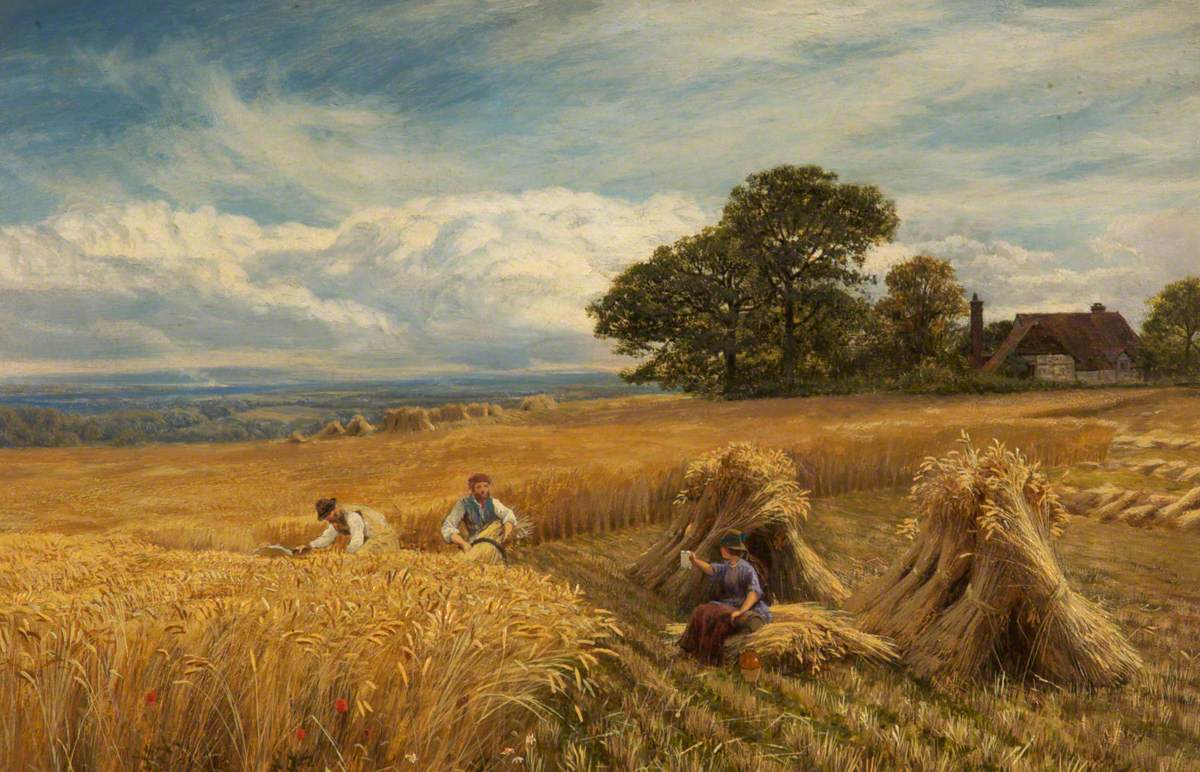

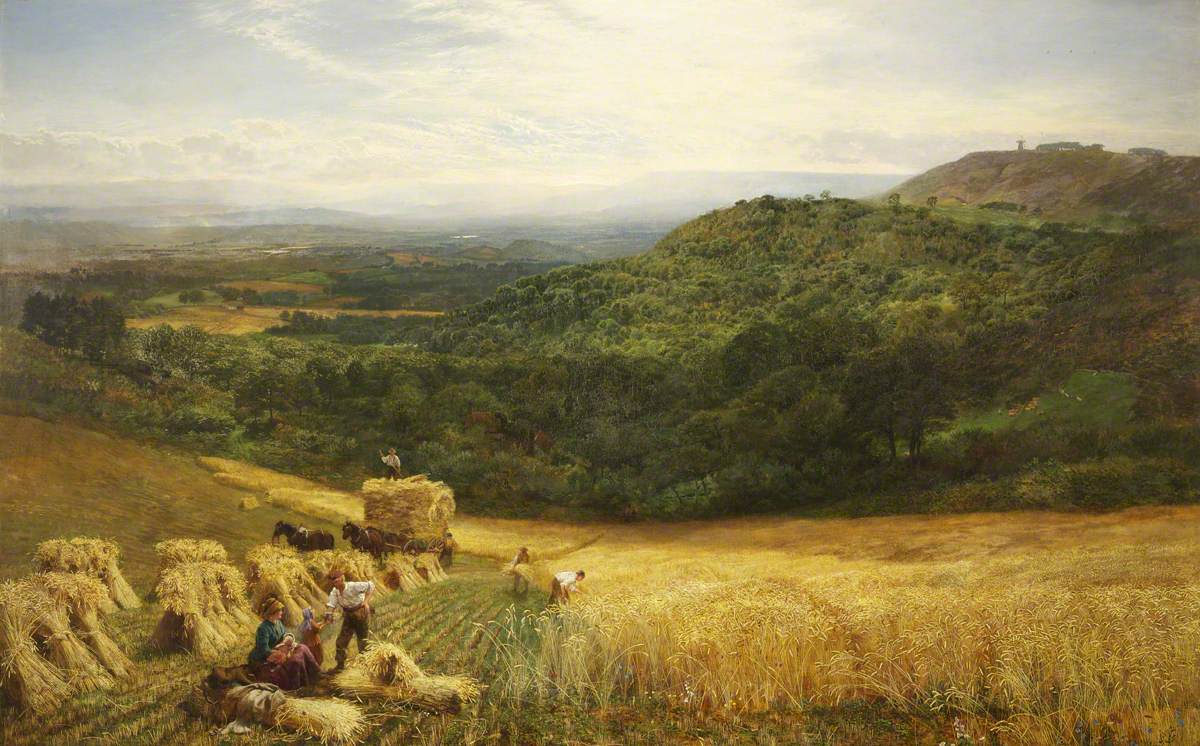
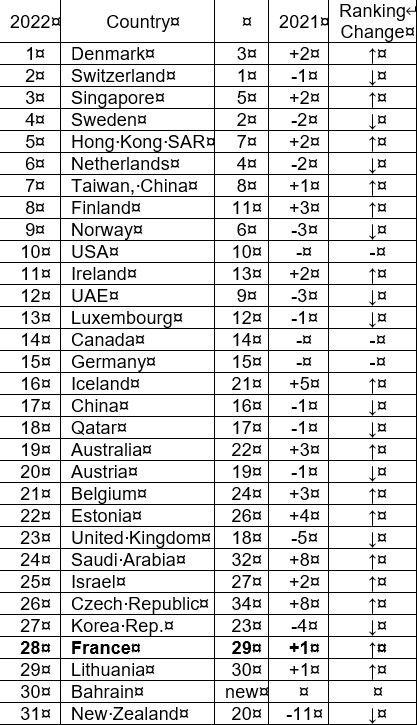
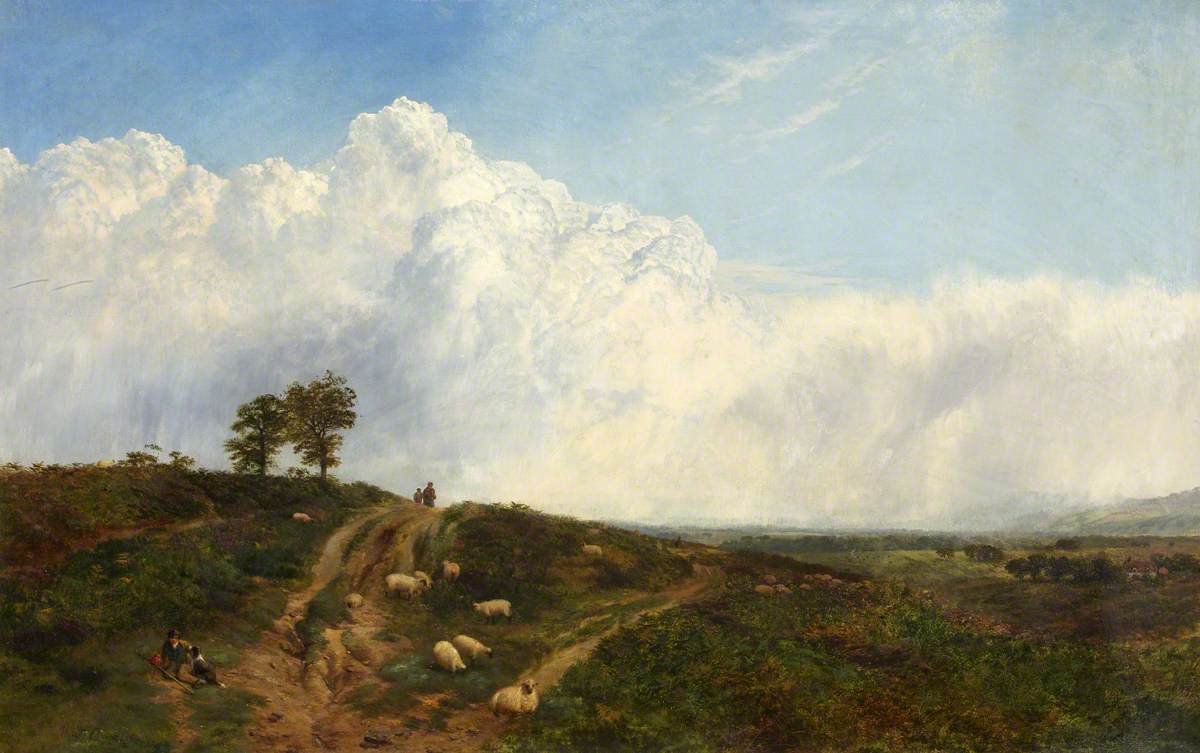
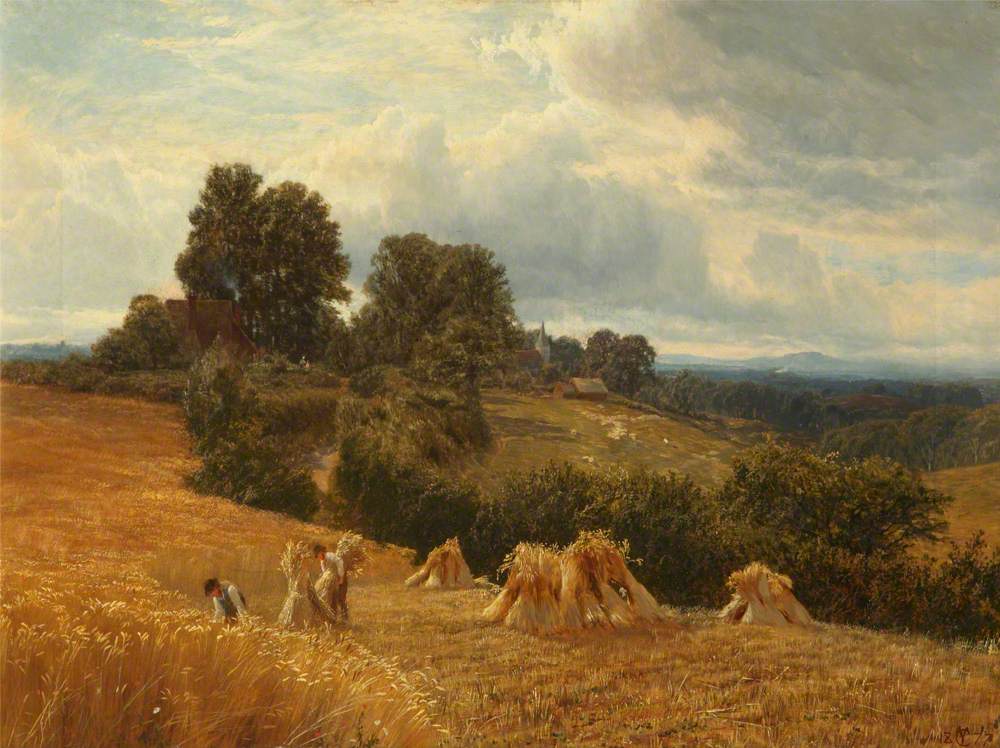
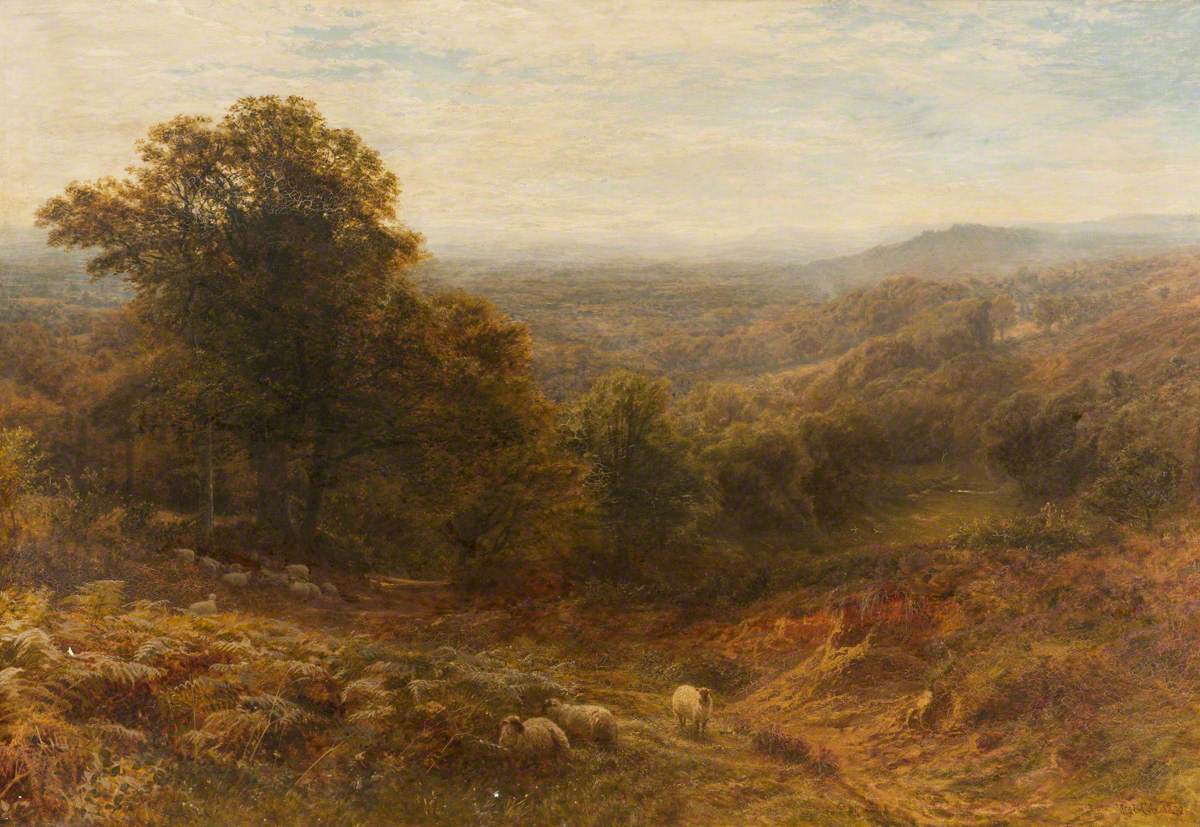
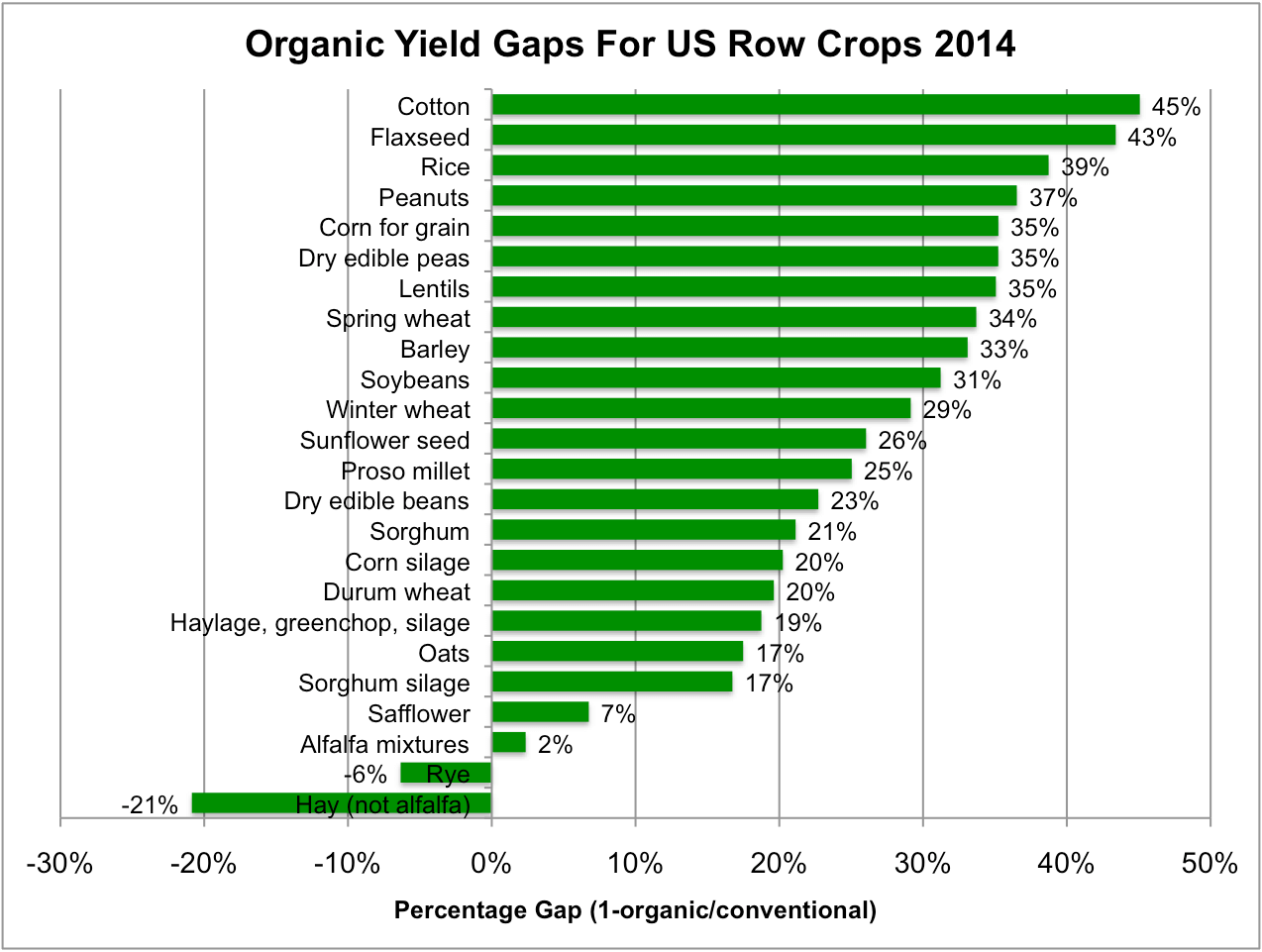
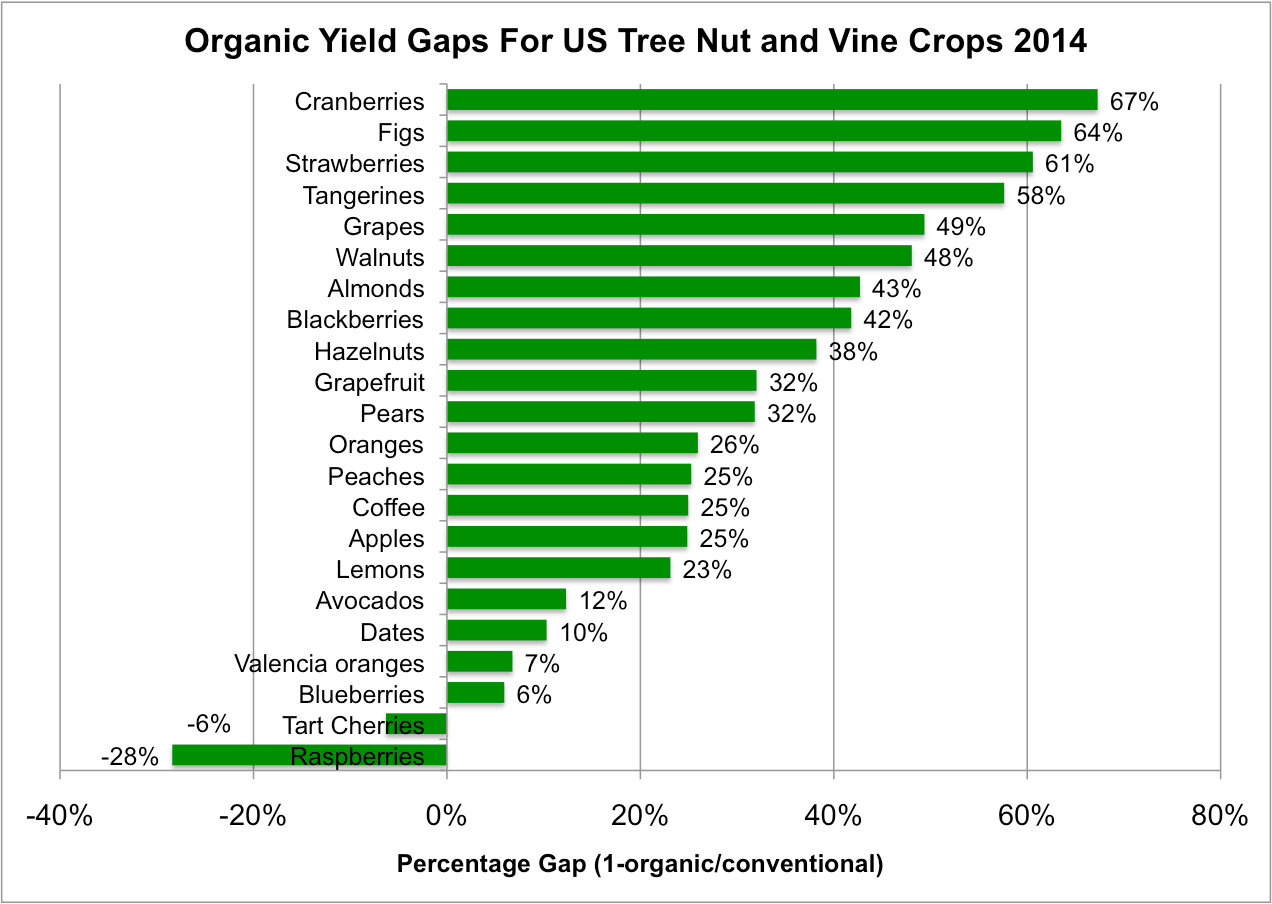
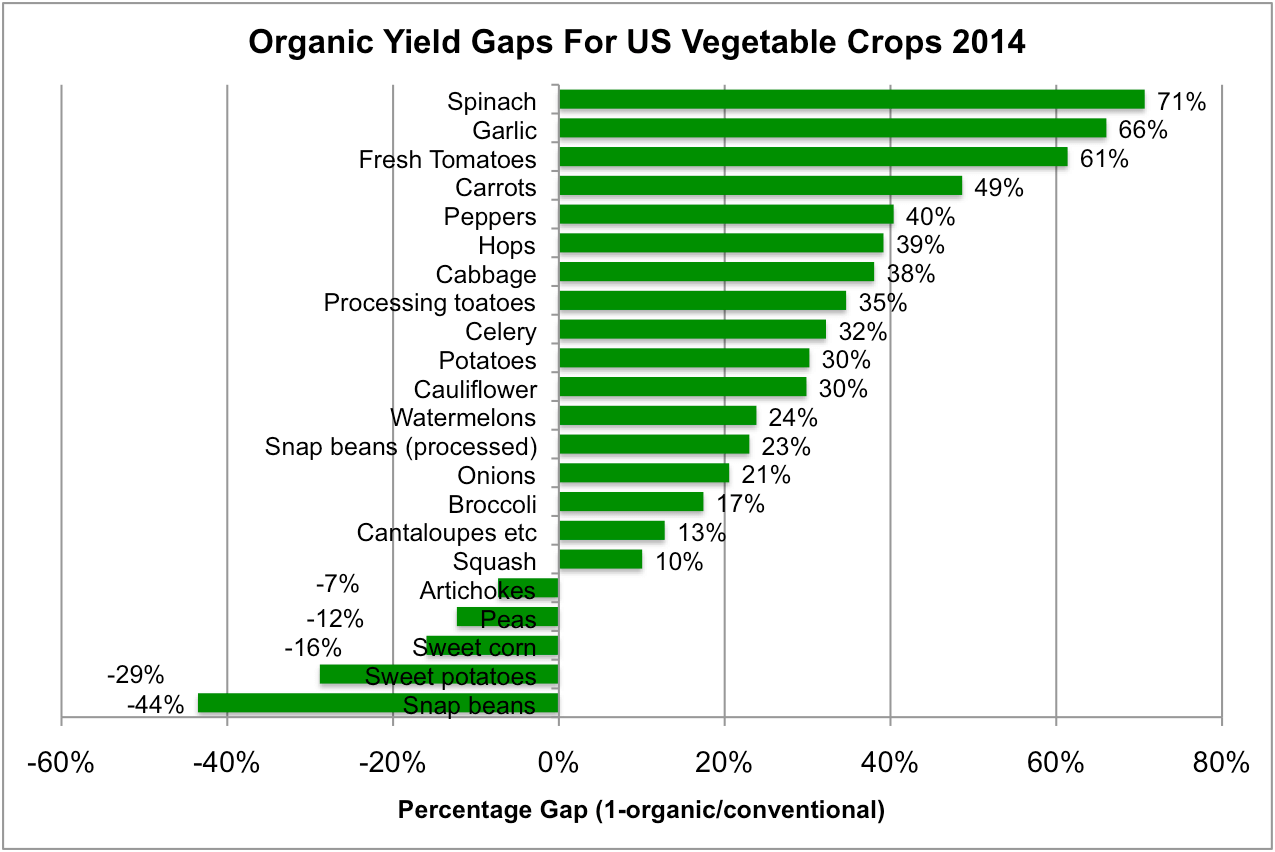

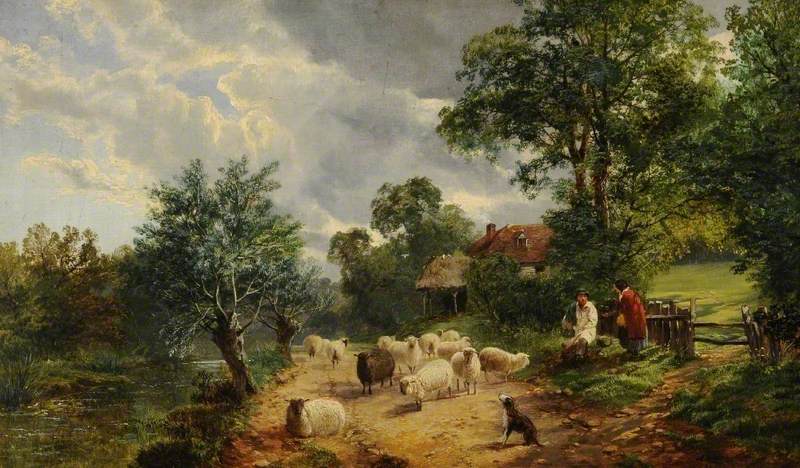
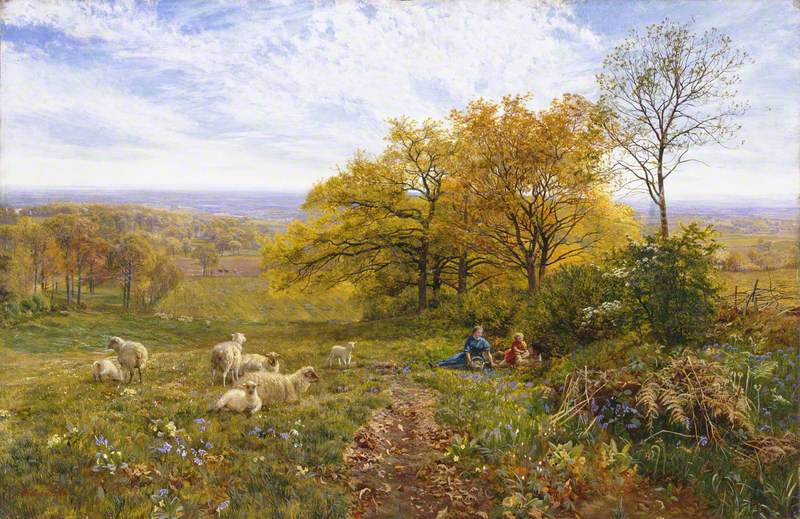


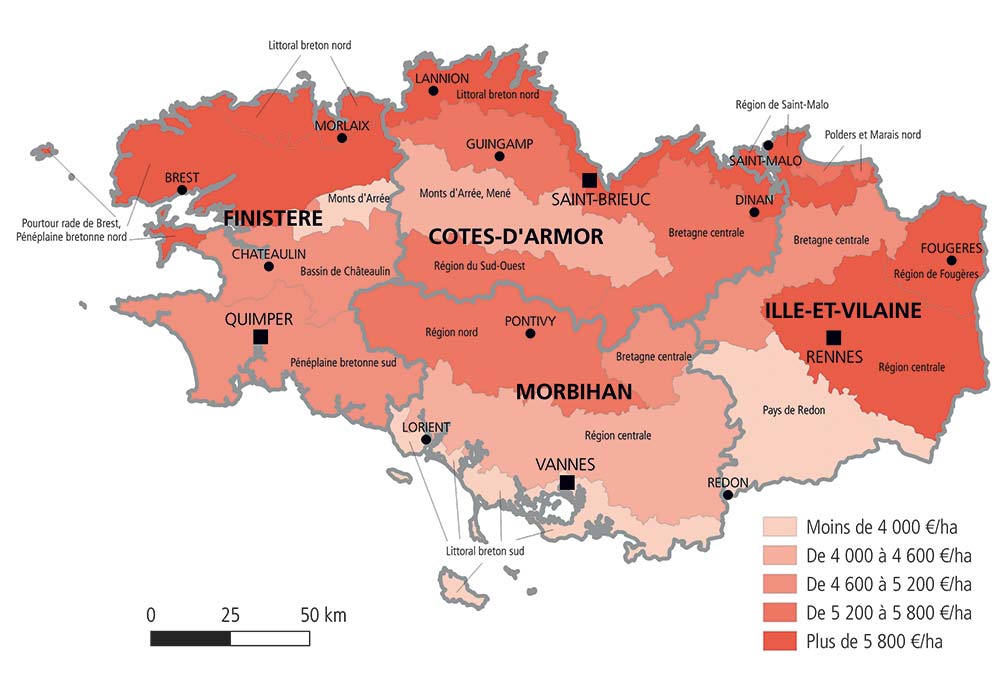
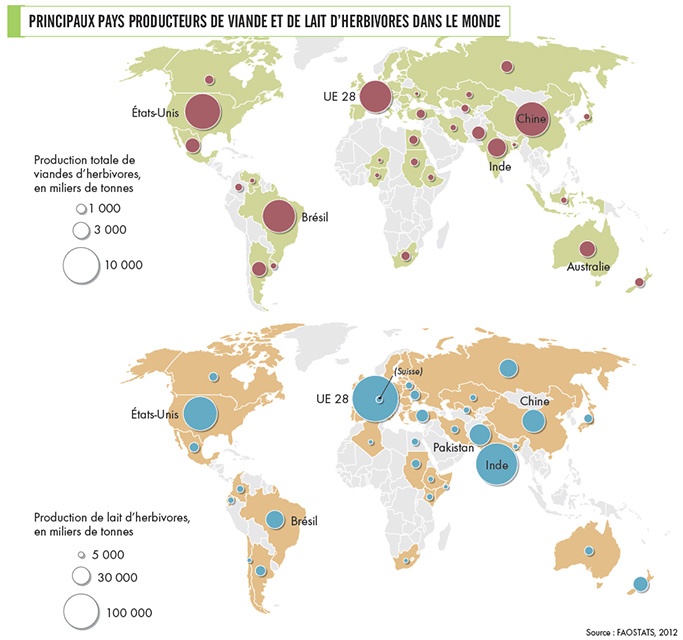
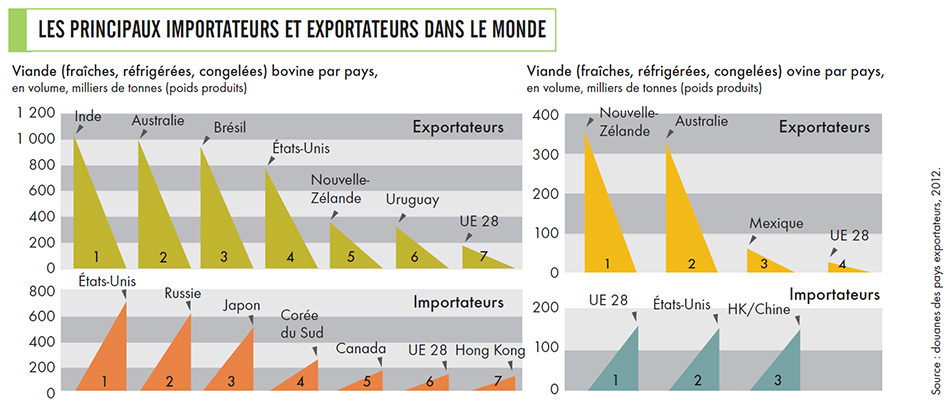
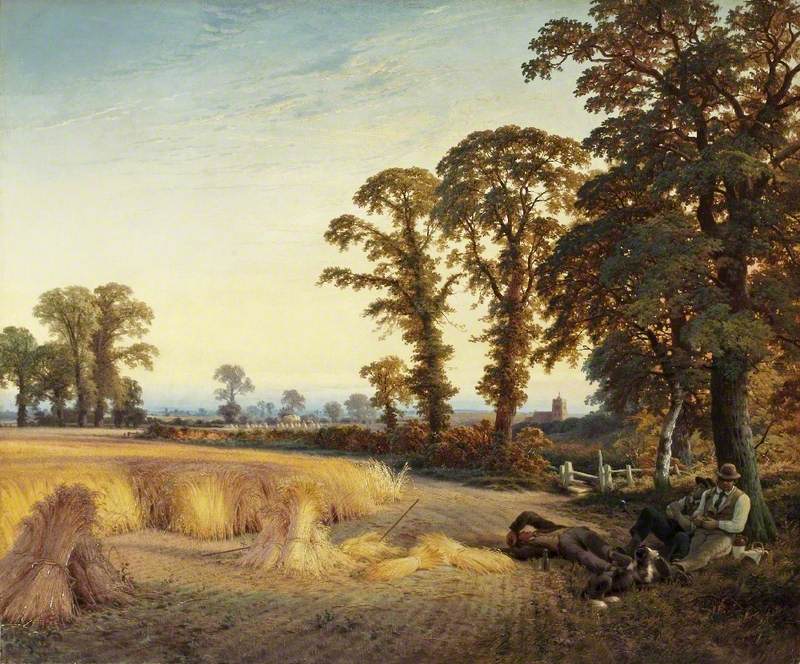

/image%2F1635744%2F20220620%2Fob_8ae3b8_capture-bio-2.PNG)
/image%2F1635744%2F20220620%2Fob_024ec6_capture-bio-3.PNG)
